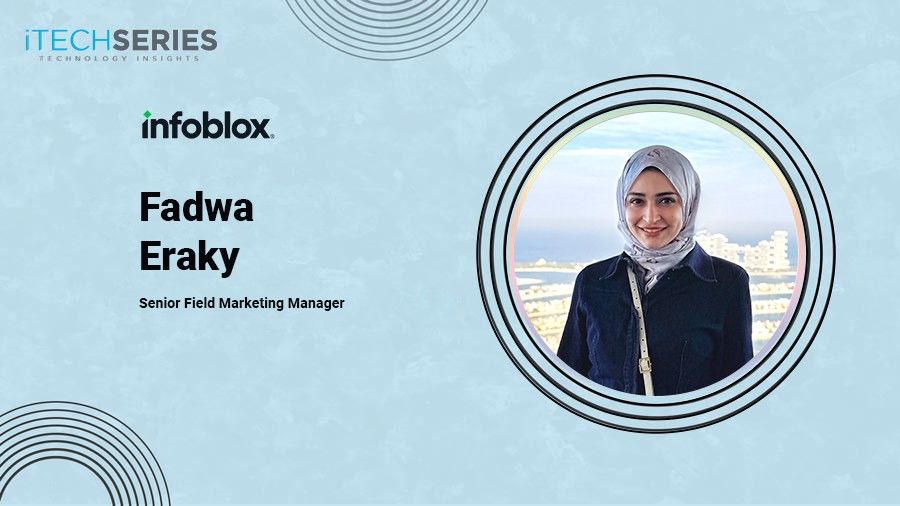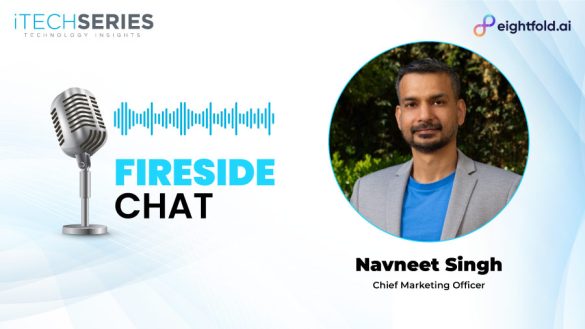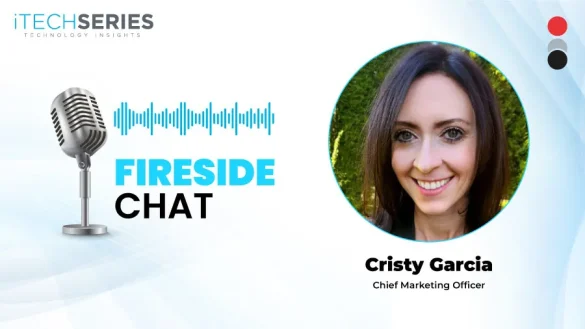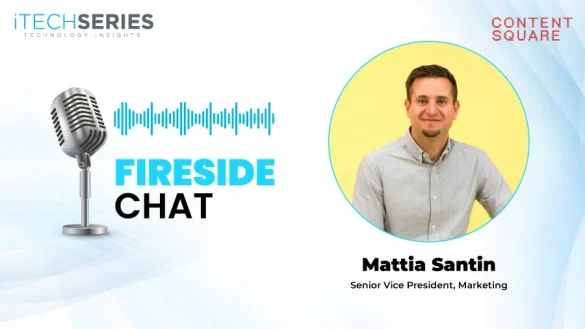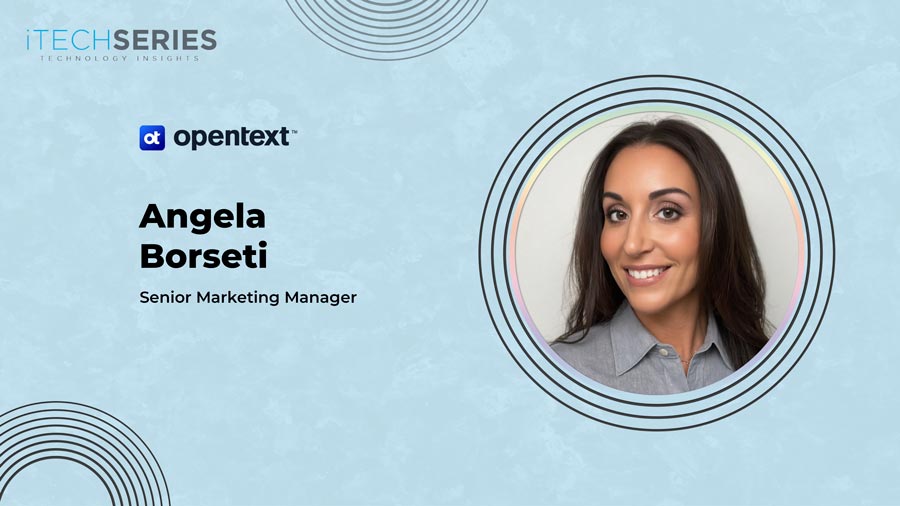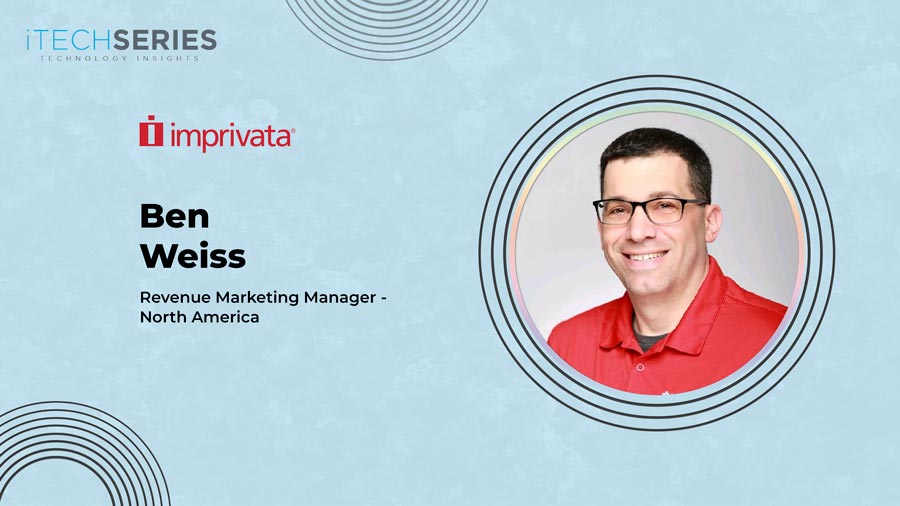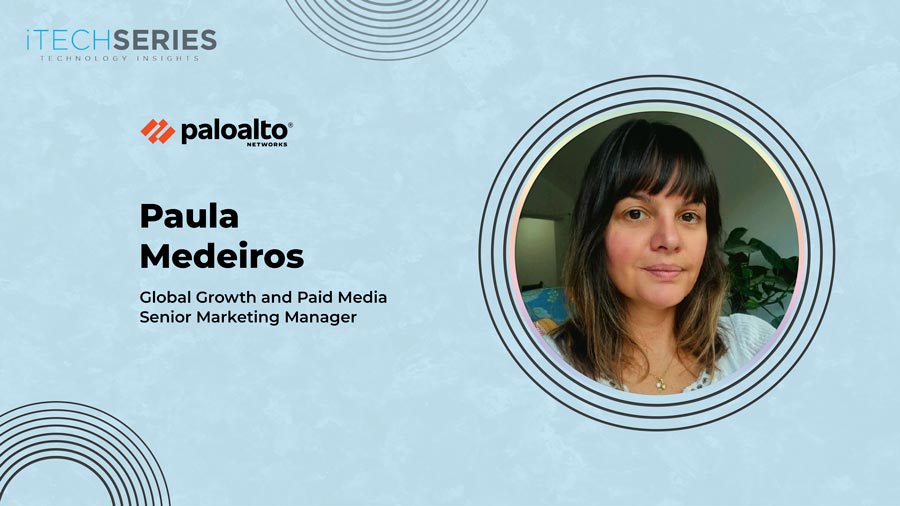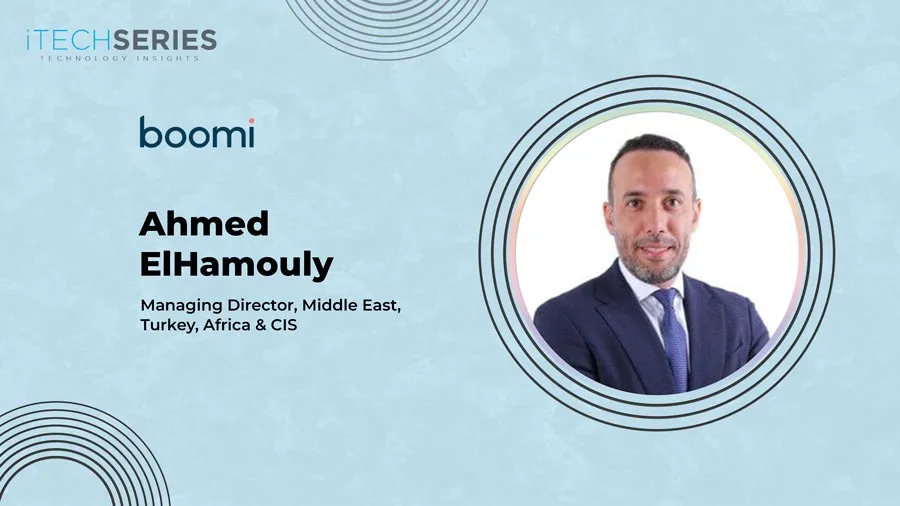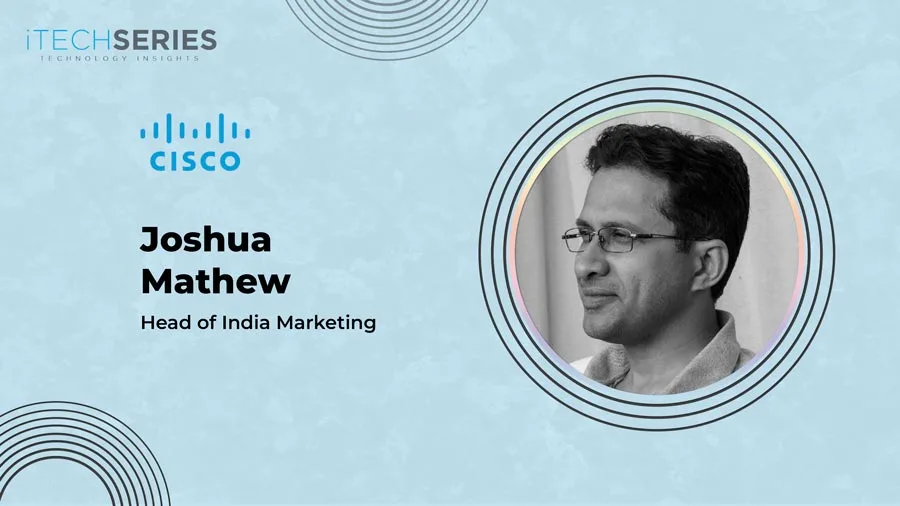In this interview, Fadwa Eraky, Senior Field Marketing Manager at Infoblox, shares her insights on the evolution of field marketing, the importance of sales alignment, the use of data and AI to personalize campaigns, and how to create impactful customer experiences—highlighting how field marketing drives growth in today’s dynamic B2B environment.
Welcome to the interview series, Fadwa. Could you tell us more about yourself and your journey?
Thank you! It’s a pleasure to be part of this.
Marketing has always felt natural to me; I’ve always loved understanding people, connecting ideas, and turning strategy into stories that resonate. Over the years, I’ve fworked across a mix of industries and companies, from global tech firms to mission-driven organizations. That journey has shaped how I approach marketing: with curiosity, empathy, and a focus on real business impact.
Today, I lead field marketing for the Middle East at Infoblox. What excites me most is being at the heart of where strategy meets execution – bridging teams, markets, and audiences in a way that actually drives growth.
How has the role of field marketing changed in today’s revenue-driven world?
It’s evolved in the best possible way. What used to be seen as “event planning” has grown into a true strategic function. Field marketers are now deeply embedded in GTM motions; we’re no longer just supporting sales; we’re helping shape pipeline, influence buying decisions, and drive account engagement. We’re storytellers, strategic partners, and audience advocates. All rolled into one. And that’s what makes the role so exciting right now.
How do you make sure marketing is aligned with sales?
For me, it’s all about partnership. Sales and marketing can’t live in silos, not if you want results. That’s why I start by understanding sales goals, customer pain points, and territory priorities. From there, I build marketing plans that support those objectives directly. And the work doesn’t stop after a campaign goes live; we keep iterating based on feedback and performance. That ongoing collaboration is what keeps us aligned and agile.
What’s your approach to building lead generation and nurturing campaigns?
The best campaigns start with listening. What is the customer dealing with? What do they actually care about? Once you understand that, you can build content and experiences that speak to those needs, whether it’s an insightful workshop, a well-timed email, or a relevant follow-up. It’s about staying helpful and top of mind so that when the time comes, they already trust you. And by continuously optimizing based on feedback and behavior, you deepen engagement and increase the likelihood of conversion at every touchpoint.
How do you use data and intent signals in your work?
Data helps us be more intentional. Rather than casting a wide net, we focus where the signals are strong, where accounts are showing interest or searching for solutions. That insight lets us tailor our outreach and make it more personal and timely. It’s like shifting from shouting into a crowd to having a one-on-one conversation. These signals also inform content strategy, sales alignment, and campaign prioritization, ensuring we engage the right people with the right message at the right time.
“Marketing is a space where you get to be both creative and strategic, intuitive and analytical. It’s fast-paced, yes! But that’s what keeps it fun.”
What makes a great customer experience in marketing, in your opinion?
It’s the little things that add up. A smooth registration flow. A follow-up that feels human. Content that actually answers a question. When you design with the customer in mind, every detail becomes part of the experience. I always try to create that feeling of “they get me,” because that’s what builds connection and trust. That emotional resonance, paired with consistency across every touchpoint, turns good experiences into memorable ones and transforms casual users into loyal advocates.
Can you share a campaign that challenged you but turned out to be rewarding?
Definitely—there’s always one that stands out. Leading campaigns that span multiple countries, languages, and timelines, all while managing different stakeholder expectations. It is not easy, but by the end, we need to build something that really resonates with the audience and delivers strong results. And this is the most rewarding part about driving campaigns.
How do you view AI in marketing—friend or foe?
AI is a Friend! But with boundaries. AI is a brilliant tool. It helps streamline workflows, personalize content, and get to insights faster. But it’s not a replacement for human creativity or judgment. I use AI to support my work, not to do the thinking for me. It’s a tool in the toolbox, not the whole kit. I always ensure there’s a human touch, especially in storytelling, strategic decisions, and understanding nuanced customer emotions AI can’t replicate.
What metrics matter most to you in field marketing?
Impact always comes first. I track metrics like engagement, pipeline influence, conversion rates, and event ROI, but I also care about the “why” behind the numbers. What content performed best? What topic sparked the most conversations? Those insights help us refine and improve. Marketing isn’t just about reporting results; it’s about learning from them.
Final Thoughts?
Marketing is a space where you get to be both creative and strategic, intuitive and analytical. It’s fast-paced, yes! But that’s what keeps it fun. I feel lucky to work in a field where I get to tell stories, connect people, and create value every single day.
About Fadwa Eraky
Fadwa Eraky is a Senior Field Marketing Manager at Infoblox, leading field marketing operations for the Middle East. With extensive experience across global tech firms, Fadwa bridges strategy and execution to drive growth. She is passionate about creating impactful customer experiences, leveraging data and AI, and aligning sales and marketing to shape successful campaigns that foster business impact and customer engagement.

